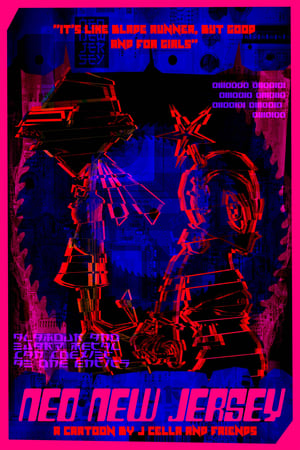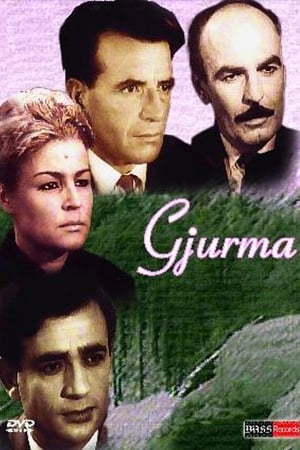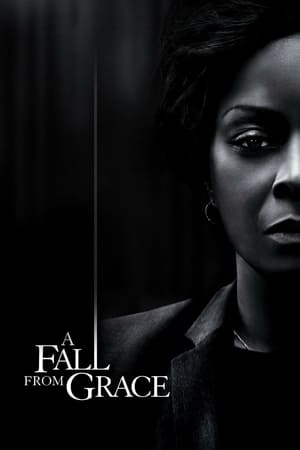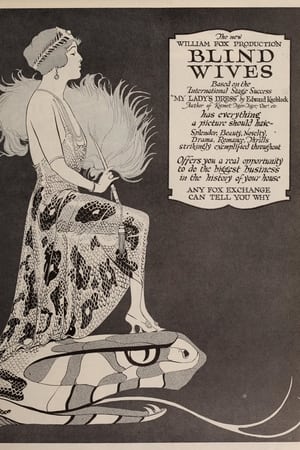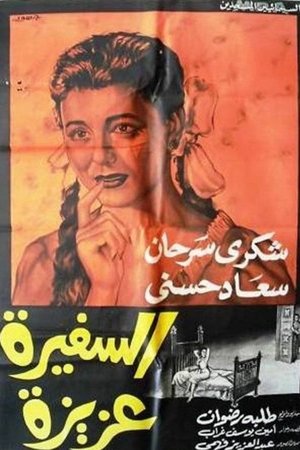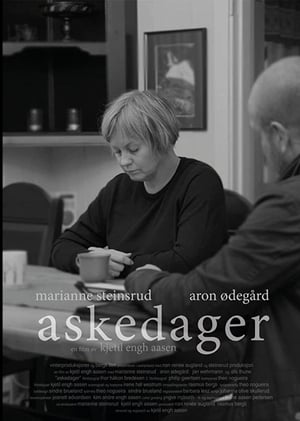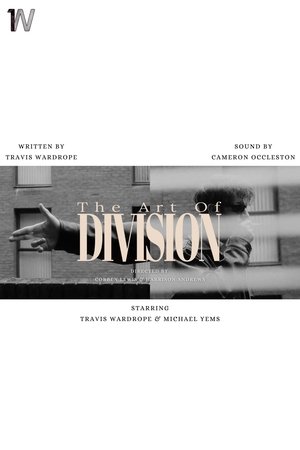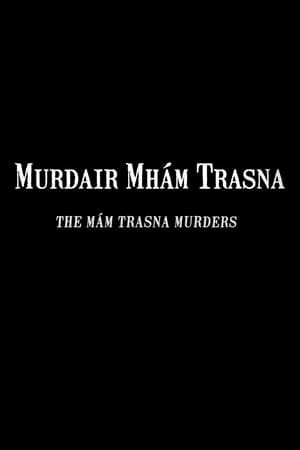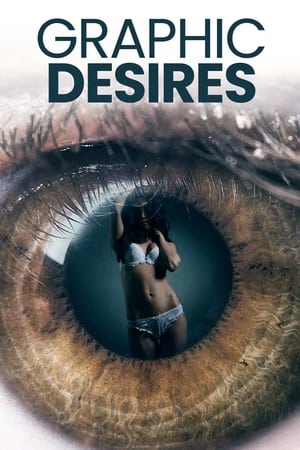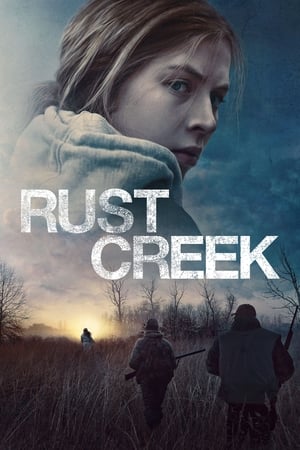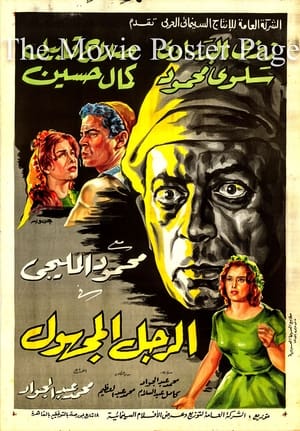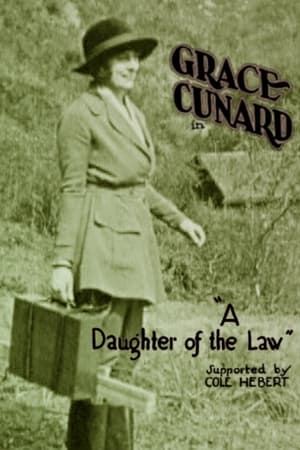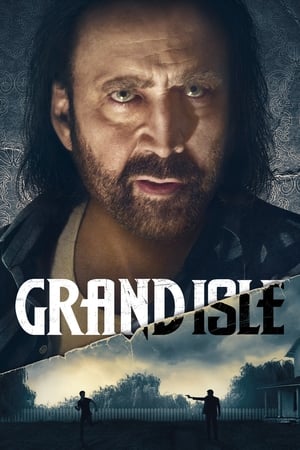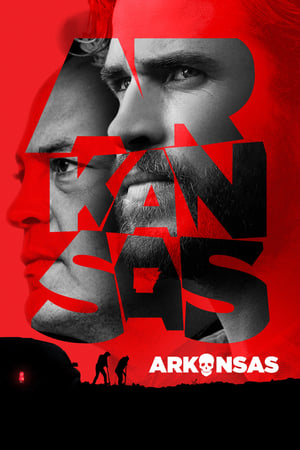Overview
A prizefighter-turned-longshoreman with a conscience goes up against labor leaders to expose corruption, extortion, and murder among the union ranks.
Reviews
You think you're God Almighty, but you know what you are? You're a cheap, lousy, dirty, stinkin' mug! And I'm glad what I done to you, ya hear that? I'm glad what I done!
On the Waterfront is directed by Elia Kazan and adapted to screenplay by Budd Schulberg from a series of Malcolm Johnson articles. It stars Marlon Brando, lee J. Cobb, Eva Marie Saint, Karl Malden, Rod Steiger and Pat Henning. Music is by Leonard Bernstein and cinematography by Boris Kaufman.
Terry Malloy (Brando) was once a boxer with potential and big dreams. Now working as a longshoreman on the docks for mob boss Johnny Friendly (Cobb), Terry witnesses the murder of a fellow dock worker and finds himself conflicted about if he should inform to the crime commission about what he knows, more so as he gets in tight with the dead man's sister.
As good as anything Kazan, Brando and Kaufman ever did, On the Waterfront strips it down to a stench filled corrupt part of New York as honest hard working men battle to make ends meet under the rule of corrupt mob led union bosses. The dialogue is almost lyrical in its simplicity, deftly at odds with the dull pallor of the environment involving barely livable housing and misty docks holding awful secrets.
Although a defence for squealing, with the finger pointed at those in the high chairs here, it's a seminal classic that deserved every Oscar win and nomination that it got. From the electric "contender" speech (watch Steiger's facial acting here), to Brando's heart aching discovery of his beloved bids being killed, and onto the unforgettable punch the air finale, thisis a s good as classic cinema gets. 10/10
This coulda’ been a contender in a lot of greatest movie polls if people just took a second to fully appreciate it.
Although it's Marlon Brando who takes top billing here, I found it was Karl Malden's "Father Barry" who stole the story as the priest who is determined to galvanises the New York dockers to step out from under the oppressive shadow of their boss "Johnny Friendly" (Lee J. Cobb). He's standing over a corpse, that of "Doyle". The deceased had been reputedly chatting with the crime commissioner and so took an unexpected dive off his building. He was a pigeon fancier, and it was this hobby that we know "Malloy" (Brando) used to lure the man to his pen on the roof. We know, but the late man's sister "Edie" (Eva Marie Saint) doesn't. As she determines to get to the bottom of the crime, she and "Malloy" start to become closer. He even begins to fall in love - but the priest tells him that can come to nothing unless he is honest. "Malloy" knows full well that any honesty will set him on a collision course with "Johnny" and with his own, cashmere coat clad brother "Charlie" (Rod Steiger) who acts as the number two around here. A meeting at the church does motivate "Dugan" (Pat Henning) to try to do something about this increasingly unfair scenario, but when he has a little too much whisky, it falls to "Barry" to render up his soliloquy and the dial starts to shift. If you've seen Charles Frend's "The Cruel Sea" (1953) you might recall a scene where, their ship torpedoed, the men float around in the water - water covered in debris and oil. It's dark and menacing looking. The photography here is almost that dark. It's black and white with the emphasis very much not the former. The photography almost seems to magnetise the darker elements of the buildings, the water and bring them to the fore. They become claustrophobic. Cobb is impressive as the boss as is Eve Marie Saint who avoids many of the usual pitfalls for the female lead. Her character is strong and her courage palpable in the face of an increasingly dangerous and desperate scenario. The denouement is gripping, touching and entirely fitting snd if you can get a chance to see this on a big screen, then do - it is a roller-coaster of a film that imbues it's flawed characters with personality and us with a sense of having some skin in it's game.
**_Popular quasi-film noir early in Brando’s career_**
A former prize-fighter (Marlon) wrestles with his conscience as a longshoreman on the Hudson River across from Manhattan and the Empire State Building. He finds himself attracted to the sister (Eva Marie Saint) of a murdered dockworker while his lawyer brother (Rod Steiger) defends the corrupt Union boss (Lee J. Cobb). Karl Malden is on hand as a concerned local minister.
"On the Waterfront" (1954) is an iconic B&W crime drama that won myriad awards when it came out. It’s a seminal socio-political noir and one of Brando’s three big hits in the early 50s, along with “A Streetcar Named Desire” and, less so, “The Wild One.” I cite those movies because this is cut from the same cloth, just with the milieu of the Hoboken docks in the shadow of the Big Apple. Why it’s not included on lists of film noir is a mystery.
Although it’s understandably old-fashioned and a little melodramatic, there’s enough human interest, especially the potential romance, and you can’t beat the authentic setting. I particularly like the rooftop perspective with skyscrapers in the distance in many scenes (reminiscent of Spider-Man comics from the 1960s-1980s).
The flick supports being a “stoolpigeon” against corruption and was director Elia Kazan’s answer to those who denounced him for identifying eight Communists in the industry before the House Committee on Un-American Activities in 1952.
Despite its renown, Brando seems pudgy and somewhat unappealing. I thought he improved in later (better) movies, like “Désirée,” “The Young Lions,” “One-Eyed Jacks” and “Mutiny on the Bounty,” even “The Fugitive Kind,” “Morituri” and “The Night of the Following Day.”
The flick runs almost 1 hour, 48 minutes, and was shot on the shores of Hoboken, New Jersey.
GRADE: B-

 108 min
108 min
 7.9
7.9
 1954
1954
 USA
USA
 John Chard wrote:
John Chard wrote:

